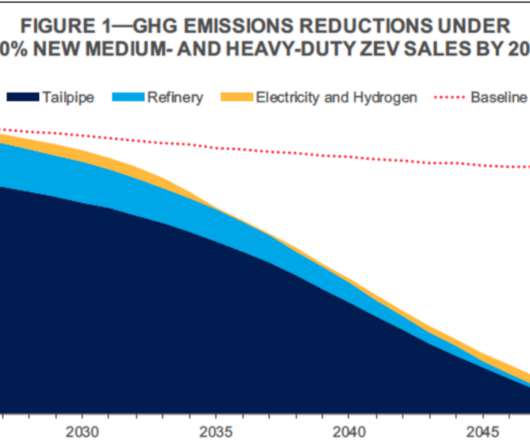Ryder San Francisco fueling facility offers 100% renewable diesel
Green Car Congress
MAY 15, 2017
Ryder System, a leader in commercial fleet management, dedicated transportation, and supply chain solutions, has begun to offer 100% renewable diesel (RD) fuel at its San Francisco fueling facility. This mobile service is now available through Ryder both in the US and Canada.



















Let's personalize your content